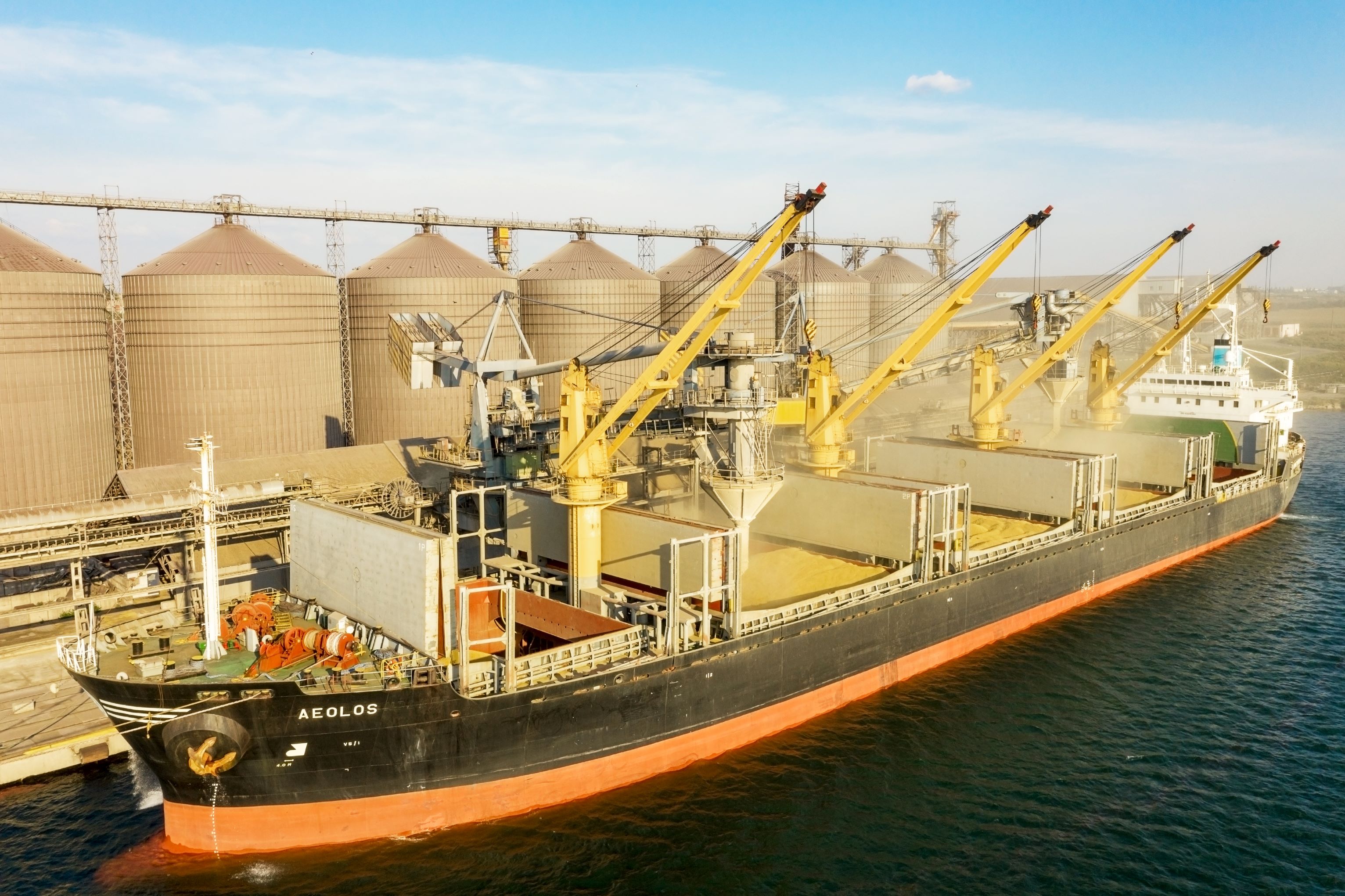
Russia’s decision to pull out of the Black Sea Grain Initiative has been followed up by a warning for shippers in the region and an attack on Ukrainian ports, shaking world grain markets and driving up the price of wheat.
Russia withdrew from the initiative on Tuesday (18 July), stating it was detrimental to its own interests, despite being offered several compromises during renewal negotiations.
The agreement – brokered by the UN and Turkey – provided safe passage for ships transporting foodstuffs and other products from several Ukrainian ports, as well as inspection and monitoring facilities to ensure that military equipment was not being transported on the ships.
Military targets
According to Lloyd’s List, the Russian ministry of defence said on Telegram that: “In connection with the cessation of the functioning of the Black Sea Grain Initiative and the сlosing of the maritime humanitarian corridor, from 00.00 Moscow time on 20 July 2023, all vessels sailing in the waters of the Black Sea to Ukrainian ports will be regarded as potential carriers of military cargo.”
Moscow added that flag vessels sailing to Ukrainian ports would be seen as being on Kiev’s side in the war.
Ukraine's defense ministry also issued a similar warning to ships heading to Russian ports.
US sources warned that the Russian navy had laid down mines in the Black Sea.
Cost of wheat
Ukrainian officials said that recent attacks on facilities involved in the transport of grain internationally had destroyed 60,000 tonnes of grain and damaged transport infrastructure.
However, Kiev is said to be exploring alternative routes of exporting the grain, including via the Danube and overland.
Wheat prices rose by as much as 9% after the news of Russian threats, according to Bloomberg, with further rises occurring Thursday morning (20 July).
Reactions
Kenya’s government said that the Russian decision to pull out of the deal was “a stab in the back” for drought-hit countries, as reported by the BBC.
UN secretary-general, António Guterres, also condemned the move, saying that the breakdown would end a “lifeline” for millions of people facing hunger and starvation across the world.
The decision “will strike a blow to people in need everywhere,” Guterres told journalists shortly after the initial news of Russian withdrawal broke on Tuesday.



